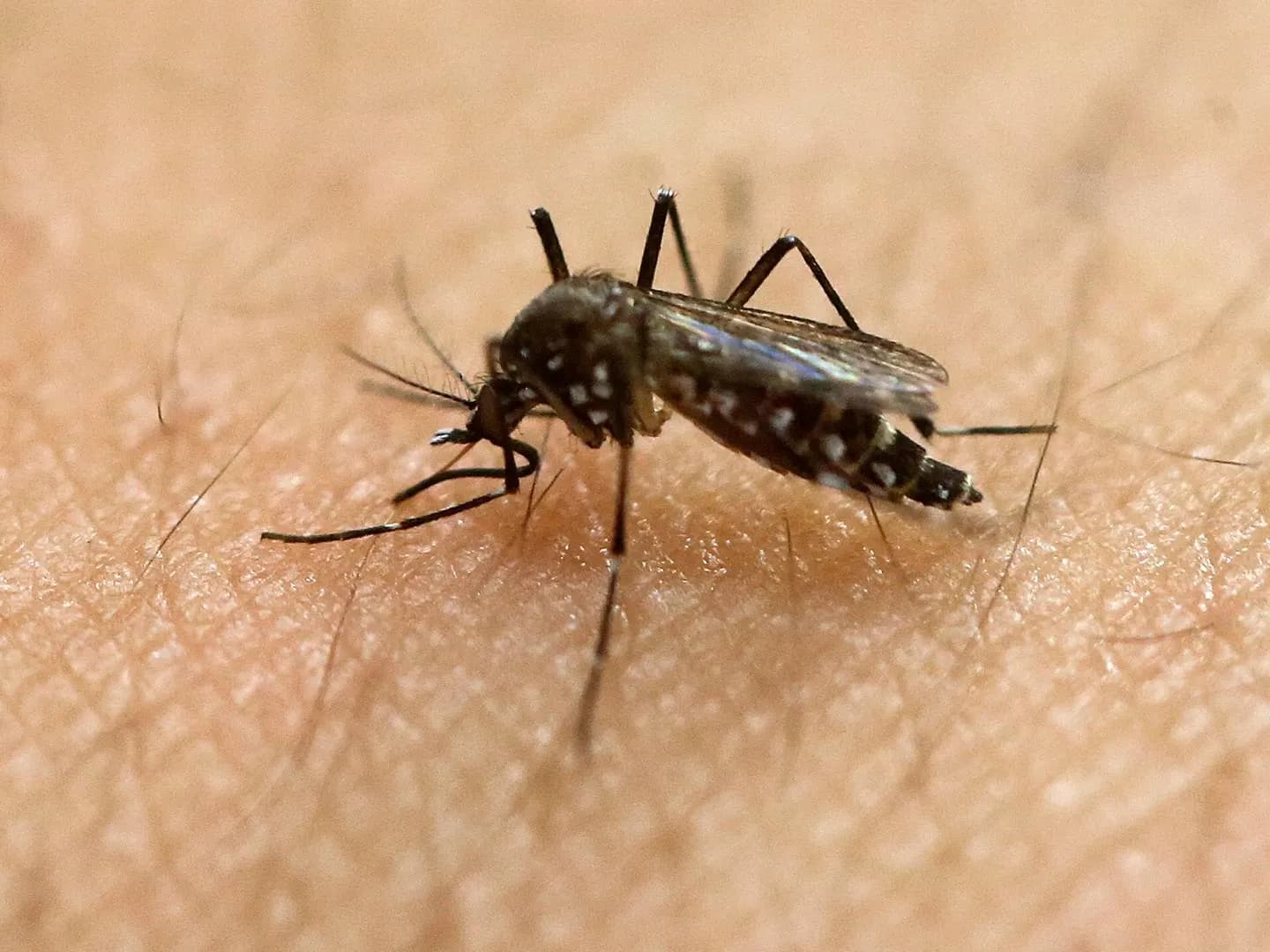We're loading the full news article for you. This includes the article content, images, author information, and related articles.
The World Health Organization is raising the alarm about a global resurgence of chikungunya – a mosquito-borne virus now sickening dozens in Kenya’s coastal region. At least 25 cases have been confirmed around Mombasa after an outbreak in June.

Nairobi, Kenya – The World Health Organization has sounded an international alarm over a resurgence of the mosquito-borne chikungunya virus – and Kenya is among the countries affected by the outbreak. WHO officials in Geneva warned that chikungunya, which can cause high fever, debilitating joint pain and even long-term arthritis, is “repeating history” with a spread reminiscent of a 2005 epidemic that began in the Indian Ocean islands. “An estimated 5.6 billion people live in areas at risk,” noted Dr. Diana Rojas-Alvarez of WHO, emphasizing that the virus poses a global threat if not contained.
Kenyan health authorities have confirmed that the virus quietly re-emerged in the country in June. In Mombasa County on the coast, at least 25 people tested positive for chikungunya out of 45 samples analyzed by the Kenya Medical Research Institute (KEMRI). Coastal sub-counties including Mvita, Nyali, Likoni and Kisauni have been identified as hotspots for infections. The outbreak has prompted local officials to urge residents to take precautions such as using mosquito nets and eliminating stagnant water, as the Aedes mosquitoes that transmit chikungunya bite mostly during daytime.
Chikungunya is rarely fatal and often self-limiting – most patients recover – but it has no specific cure and symptoms like joint pain can persist for months or even years. Young children, the elderly, and people with underlying health conditions face the highest risks of severe illness. Treatment is focused on relieving pain and fever, with patients advised to rest, stay hydrated, and use medications like paracetamol for symptom relief.
Kenya’s Ministry of Health, in collaboration with WHO, is stepping up surveillance and public awareness. Internationally, the WHO is urging at-risk countries to reinforce mosquito control and vaccination research to prevent chikungunya from becoming the next global viral crisis. For now, Kenyan authorities are appealing to the public to remain calm but vigilant – to seek medical attention for high fevers and joint pains, and to practice preventive measures as the country works to contain the virus at the coast.
Keep the conversation in one place—threads here stay linked to the story and in the forums.
Other hot threads
E-sports and Gaming Community in Kenya
Active 8 months ago
The Role of Technology in Modern Agriculture (AgriTech)
Active 8 months ago
Popular Recreational Activities Across Counties
Active 8 months ago
Investing in Youth Sports Development Programs
Active 8 months ago